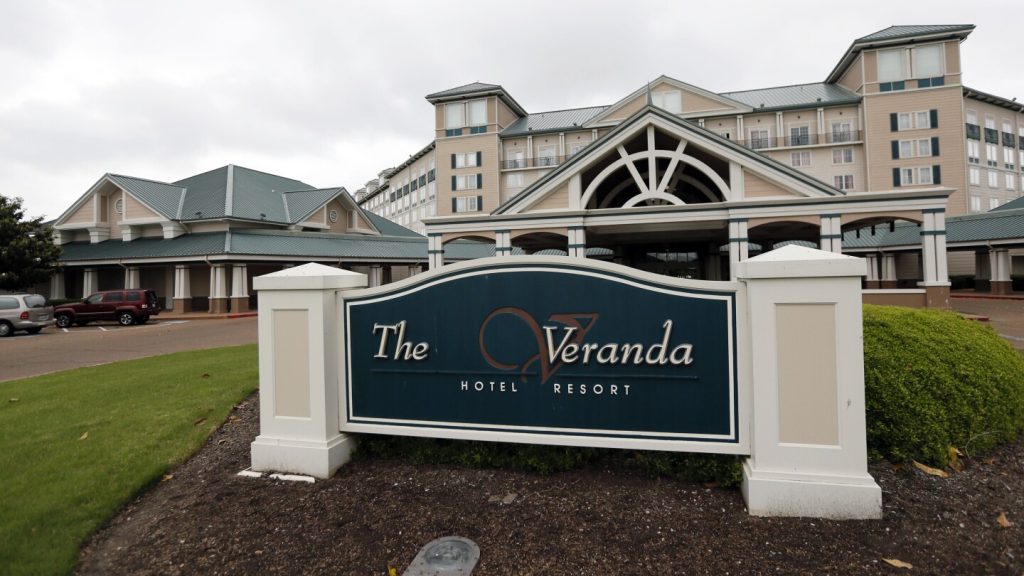The proposal to house unaccompanied migrant children at two former casino hotels in northwest Mississippi has drawn opposition from local officials including Tunica County Sheriff K.C. Hamp, who cited a lack of resources to accommodate the plan. The facility would potentially house up to 2,000 children and teens at the hotels that were once part of the Harrah’s casino complex, which closed in 2014. County supervisors have not officially endorsed the plan, but discussions are ongoing with a private entity interested in buying the property, which has been closed for 10 years. Any facility housing immigrant minors would have to meet federal regulations and be self-contained to ensure their safety, according to Tunica County Attorney John Keith Perry.
Sheriff Hamp raised concerns about the county’s limited resources, including the absence of a local hospital to care for immigrant children in case of emergencies. He emphasized the potential strain on public safety, healthcare, and child protective services if the plan were to move forward. State Rep. Cedric Burnett, who represents the area, also opposes the proposal, advocating for the redevelopment of the complex to enhance tourism and gambling in Tunica County. He believes that utilizing the hotels to house migrants would benefit only the current owners and operators of the facility, rather than the local community that relies on gaming for tourism.
The history of the former Harrah’s casino, which opened as the Grand Casino in 1996 with 1,356 hotel rooms, highlights the decline of Tunica’s casino market over the past decade. The closure of the casino in 2014 reflected a broader trend as neighboring states established their own gambling destinations, diverting patrons away from Mississippi. The casino industry in Tunica faced challenges from competition and changing consumer preferences, leading to the closure of several establishments in the area. The potential repurposing of the former casino hotels for housing migrant children has sparked debate over the best use of the property to benefit the local economy and community.
Local residents and officials have expressed conflicting views on the proposal, with concerns about the impact on resources, public safety, and tourism in Tunica County. While some see the plan as an opportunity to repurpose vacant properties and address the needs of unaccompanied migrant children, others prioritize the revitalization of the tourism and gambling industry in the area. The decision on whether to proceed with the plan to house migrants at the former casino hotels will involve careful consideration of the potential benefits and drawbacks, weighing the interests of various stakeholders in the community. As discussions continue, the future of the properties in northwest Mississippi remains uncertain amid ongoing debates and negotiations.


